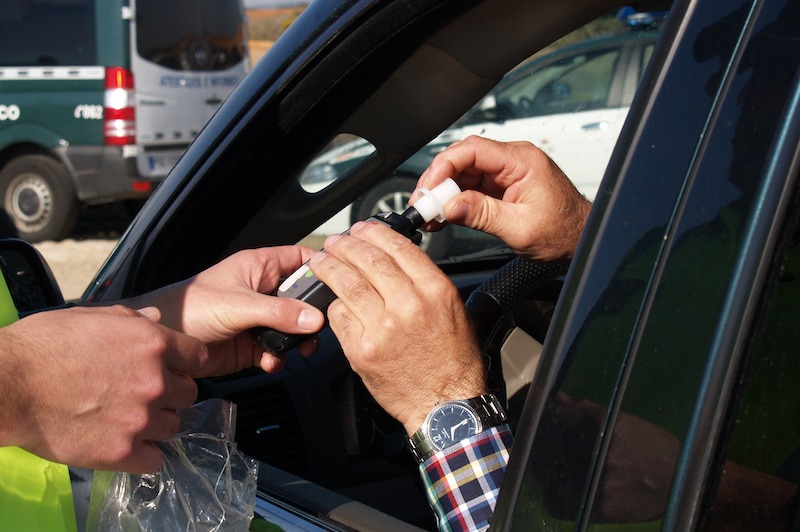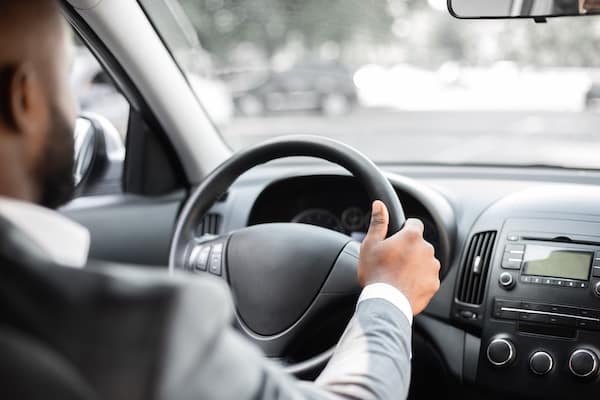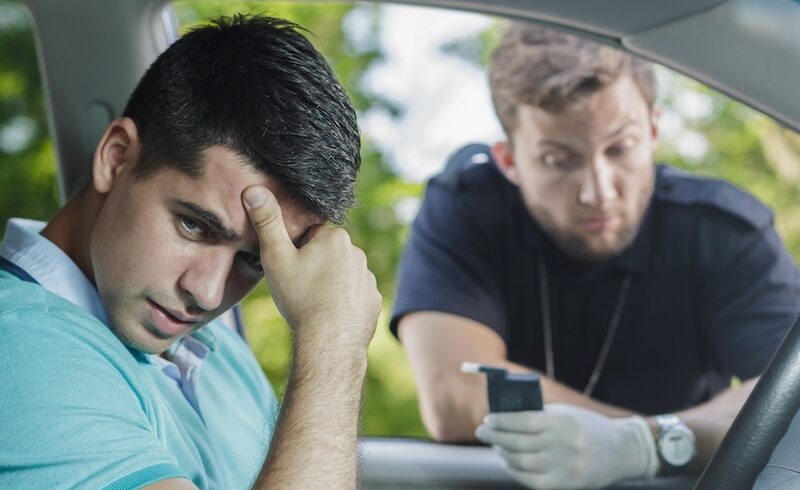
Unfortunately, there are a number of people who believe that there are methods a person can use in order to trick a breathalyzer into showing a false reading if they have been pulled over under suspicion of DUI.
The idea of drinking and driving is a difficult one for some people, because there’s a legal amount of alcohol one can consume and still be considered legal to get behind the wheel under current laws.
That said, a lot of factors influence how intoxicated a person is. Weight, gender, food intake, the time elapsed, and alcohol consumed all play a part. These factors make it tough for people to gauge whether they’re too drunk to drive or not.
Generally, if you have to ask, the answer is yes. You’re likely too drunk to drive. However, there are still those who risk it, and they could possibly believe that they have the secret to beating a breathalyzer.
Is it Possible to Trick a Breathalyzer?
We’re going to explore the idea of tricking a breathalyzer, giving you some insight into what works and what does not. Mostly, we’ll be debunking the myths you may have heard to ensure that a breathalyzer test will give a false reading if you are over the legal limit of .08.
In order to understand the myths behind breathalyzers, it’s important to know how they work, and why they blow the numbers they do.
How Breathalyzers Work
Breathalyzers are a non-invasive option for police officers to use in order to get a read on whether or not you’re intoxicated. Officers cannot take a urine or blood sample from you in the field, so they have to use breathalyzers.
While these devices can be unreliable and faulty, they’re considered accurate enough to give officers probable cause to make an arrest. It’s important to note that your blood alcohol content (BAC) can’t be used as direct evidence to charge you if a portable breath test is used.
Your BAC can only be used as probable cause to bring you in and give you a more accurate test later.
That said, the breathalyzer reads your alcohol level by assessing how much ethanol you have in your breath. Ethanol enters your body when you drink, and reliable amounts of ethanol mix with the air and gas in your lungs for periods of time after you’ve ingested alcohol.
Infrared Readings
When you blow into a breathalyzer, infrared radiation is sent through the device’s reader. Your breath allows the gasses in your lungs to enter into the machine, including the amount of ethanol that reflects how much alcohol is in your blood.
The light passes through those gasses and some of it is absorbed. The machine can detect how much infrared light moves on to the receiving end in relation to how much was sent.
Normal gasses in your lungs don’t affect the reading much, but ethanol does.
Potential Errors
It’s unfortunate that breathalyzers aren’t perfectly accurate. Most devices have a margin of error around .01. That means that you could be driving legally at a .07 and end up in the back of a police car from a misreading. Also know that the law is different if you have a CDL license.
Additionally, the amount of infrared light that gets through can be affected by other factors. The foods you eat have different chemical makeups, causing them to break down differently in your stomach.
Mouthwash can increase the reading even if you haven’t swallowed any of it. Even cigarettes can combust to produce a chemical that could absorb some of the infrared light and increase your reading.
The point is, breathalyzers are faulty because their readings can be affected by a number of things that don’t relate to alcohol. This doesn’t mean, however, that they aren’t important or that they’re too inaccurate to take seriously.
With that said, let’s take a look at a few of the most common myths of ways to trick a breathalyzer.
Common Breathalyzer Myths
The most common idea that floats around is that you can suck on a copper penny or other coin and lower your reading.
That idea is backed by the suggestion that doing so actually neutralizes the alcohol that the copper comes in contact with. Whether that is true or not isn’t important, what’s important is understanding where the air you blow comes from.
It comes from your lungs. While the alcohol in your mouth might be affected slightly, the air you blow into the device comes straight from your lungs with all of the ethanol still there.
There’s another idea that eating stinky foods or chewing gum will have an effect. It’s likely that the food you take in won’t affect your reading at all. If it’s foul enough, though, you might even boost your numbers depending on the food and when you eat it.
As we noted above, smoking a cigarette won’t do anything but to lower your stress a little bit. Your BAC reading, though, might come out a little bit higher than it would have otherwise.
The point we’re getting at is that all of the commonly touted myths about beating a device are false.
Have You Been Charged with a DUI?
If your attempt to trick a breathalyzer didn’t work out in your favor, we’re here to help.
Explore our site for more ideas and options moving forward with DUI cases.


